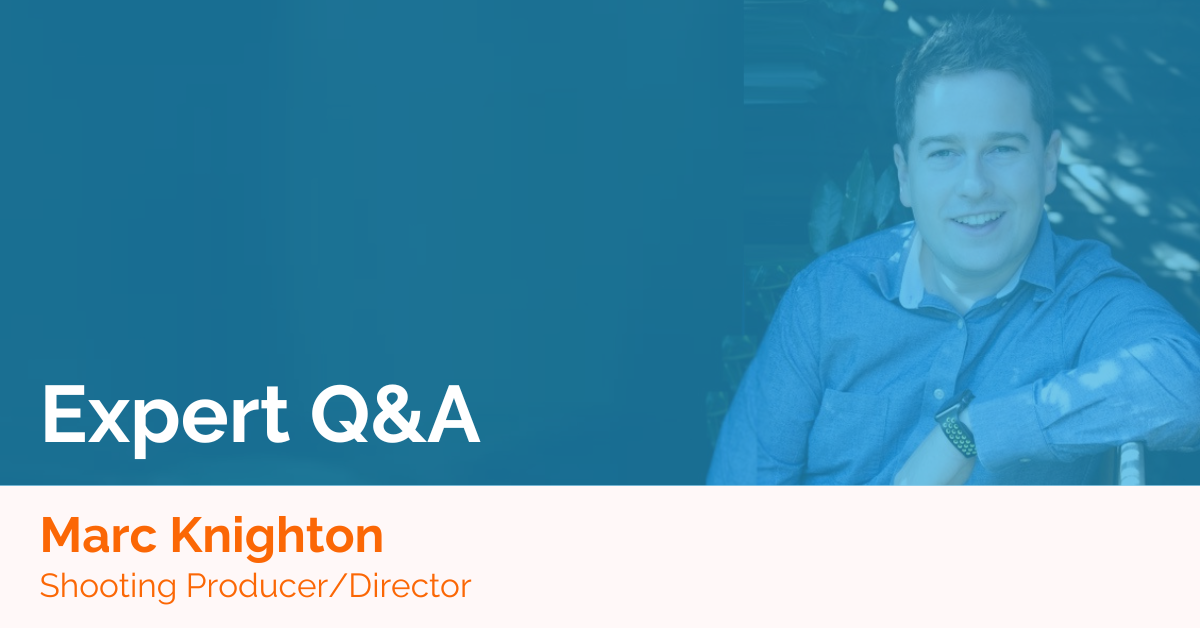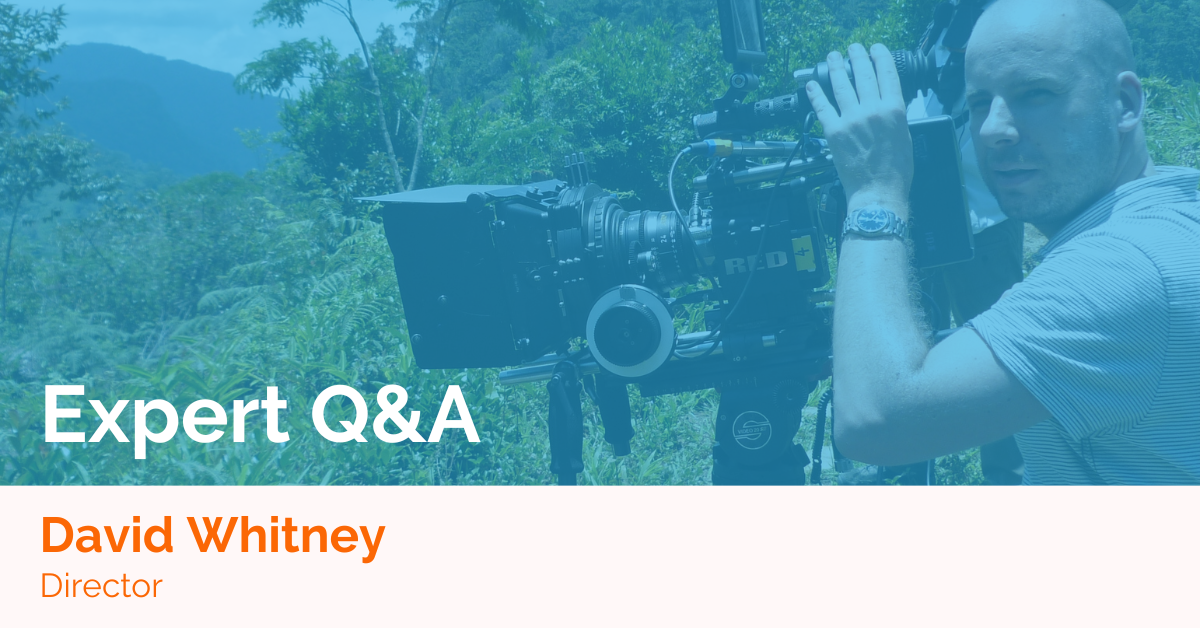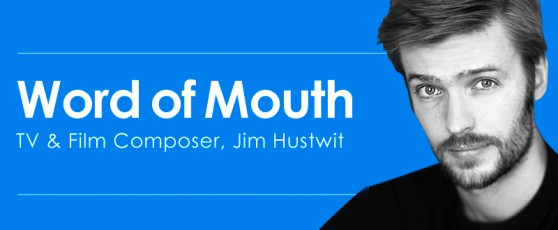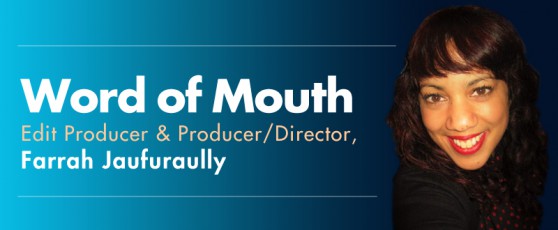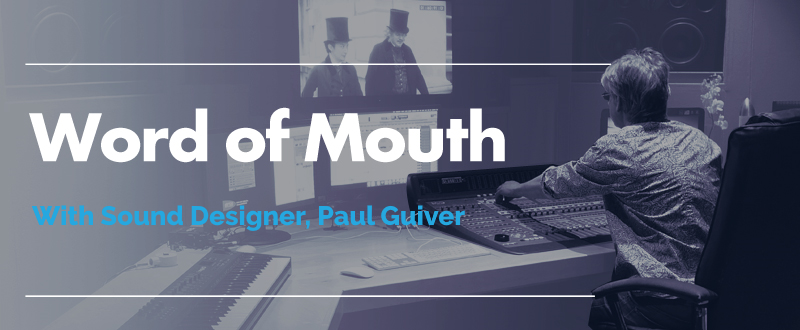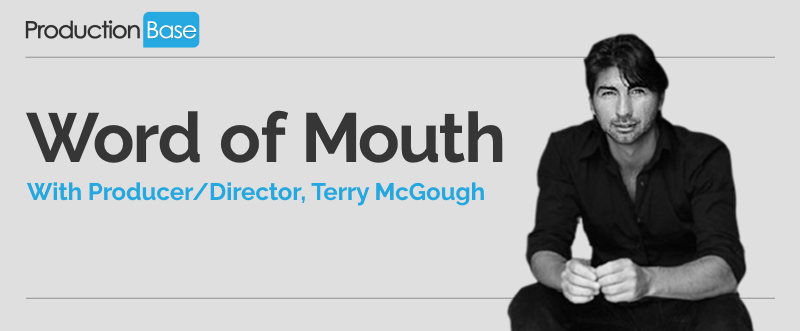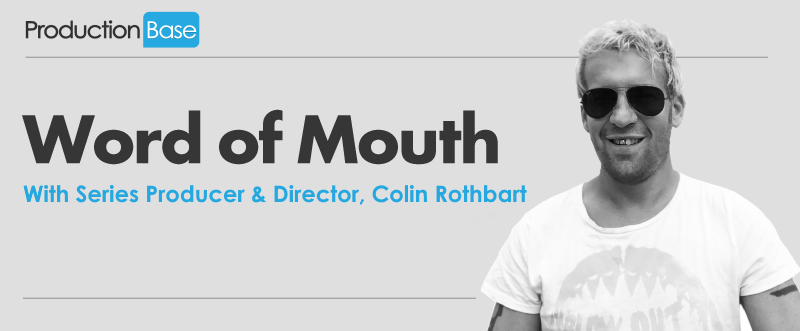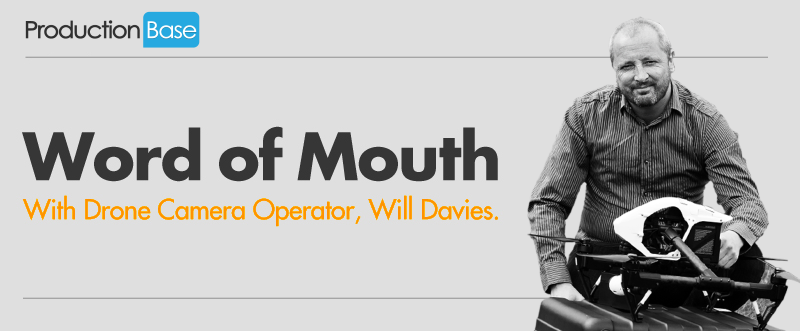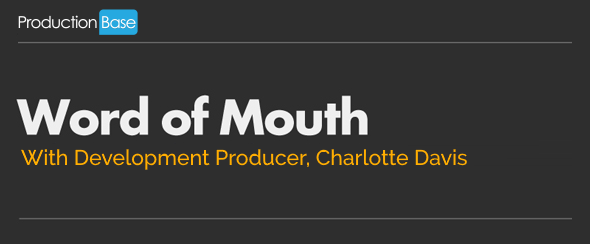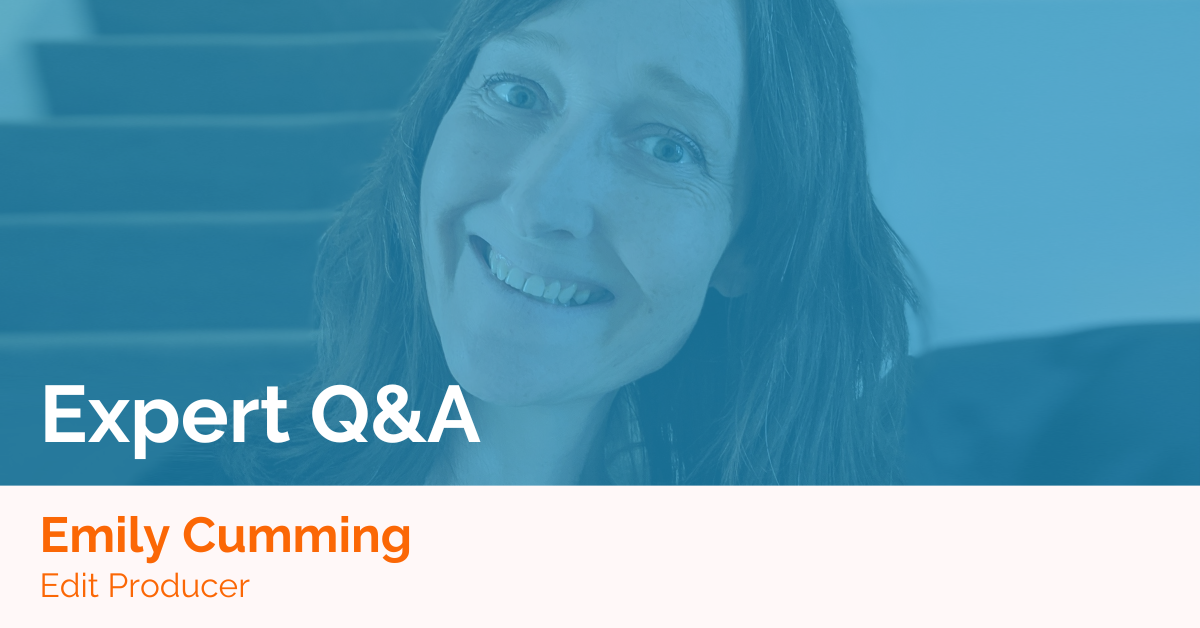
In our latest Expert Q&A we talk to Edit Producer, Emily Cumming, about life in the edit: building characters, dealing with Execs and the move to remote working.
What was your first job in TV?
After a stint as a Runner for a small indie in Brighton on a youth magazine show for ITV Meridian, I was lucky enough to be taken on as Production Co-ordinator when a vacancy suddenly opened up. I’d been working in theatre before that, so I had some transferable skills and a bit of life experience. As well as doing all the usual Production Co-ordinator jobs for the magazine show and the other arts series the company made, I’d run off copies of rushes for logging, drive the weekly TX master tapes to Meridian TV HQ, and swing a boom on location. I was able to get a real feel for what different jobs involved across the board as it was a small office and you could see and hear everyone doing their work. It was a very auspicious start and I’m supremely grateful that I got it!
